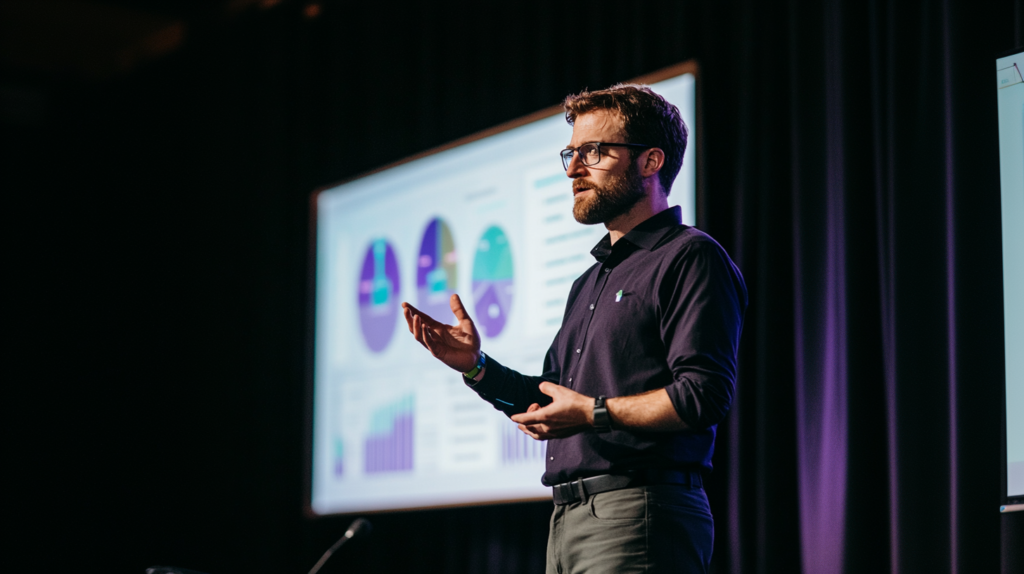
How Covid has created a new imperative for universities to work with edtech
- Tayla Withers
1. Digital transformation in teaching, learning and assessment
Like all sectors, higher education has been forced to lean into a digital future more quickly than expected. The challenge of rapid transformation in teaching and learning has already been felt by many institutions since the start of the academic year. Yet much of the dissatisfaction with online provision speaks to the common confusion of on-campus learning delivered online with learning designed to be delivered in an online-first manner. Where this is the case, as in the postgraduate sector, a recent Deloitte survey in Australia found that 77 per cent said digital learning was equal to or better than face-to-face learning. In fact, many in the sector believe that the pandemic-enforced exposure of students and faculty to the benefits of online or blended learning will rapidly accelerate its adoption.
This is certainly the case in the postgraduate sector. Since the beginning of lockdown, universities partnered with Online Program Managers (OPMs) have dramatically accelerated their portfolio growth plans to the point of maximum production capacity at many OPMs. Holon IQ forecasts the resultant growth of these initiatives will more than double the online degree market from $36bn in 2019 to $74bn in 2025.
Yet many are now seeing this as a key part of the future of undergraduate study too. As well as offering fully online degrees, universities are now working with traditional OPMs to support online components of on-campus courses. Two new startups founded by prominent sector luminaries, have recently raised investment to deliver more engaging synchronous online experiences targeting the undergraduate body. These are ClassEdu, from a founder of Blackboard, and Engageli, from a founder of Coursera.
2. Employability
As shown by record university enrolments this autumn, the education sector is consistently counter-cyclical to economic downturns. Yet in an environment where course employment outcomes were already under scrutiny, in the covid era all stakeholders will be examining this aspect of the university value proposition more closely than ever, including students, parents, the government and employers.
With the economy undergoing rapid and mass digital transformation, it is unsurprising that the strongest employment demand is in the digital sector, with Microsoft’s post-COVID analysis estimating an additional 3 million UK digital technology jobs by 2025. However, it remains a clear challenge for education institutions to develop learners with the digital capabilities matched to employer demand. Employer skills shortages and graduate unemployment/underemployment are two sides of the same coin, directly resulting from rapid digital transformation:
- Technology is now accelerating at an ever-faster rate;
- Technology (and digital skills more broadly) are now critical to an ever-higher proportion of job roles.
The UK government has identified digital skills as ‘essential requirements’ for 82% of all UK job vacancies, so the issue is now more acute than ever, and as relevant to arts, humanities and social science graduates as it is to STEM.
To tackle this challenge, universities are working with edtechs in two key areas. Firstly, universities are applying an increasing focus on making sure they offer up-to-date, industry relevant content and curriculum that develops knowledge, skills and capabilities that employers want. At FourthRev we’re working with universities to offer ready-made, world-class online content and curriculum, co-created with industry partners including Tableau, Salesforce and AWS, that enable students to develop industry certified capabilities. Built to a problem-based pedagogical framework, learners complete authentic business challenges and develop a portfolio showcasing skills for the digital economy. These modules can be easily integrated with or added to existing degree programmes. Canadian edtech, Riipen, provides a marketplace and project management tools to allow faculty to integrate virtual projects with industry partners into their on-campus or online course offerings.
Secondly, universities are partnering with edtechs to ensure their students gain greater exposure to job opportunities outside of traditional fields. The digital economy job market is incredibly dynamic, as evidenced by LinkedIn’s emerging jobs report. this makes it increasingly challenging for careers services or faculty to support students into the wide variety of available opportunities. FourthRev’s offerings provide learners with exposure to these new and emerging fields, with a focus on supporting immediate job outcomes and longer term career success. Forage offers mini-virtual internships to gain insight into specific companies, while recruitment platforms such as Handshake and Kandidate focus on matching graduates to available jobs in growth sectors.
3. Alternative Credentials for lifelong learning
As always, crisis breeds innovation, and the uncertainty brought about by the pandemic has encouraged pioneering university leaders to ask fundamental questions about the role of the university in a rapidly changing world:
- What is the role of the university in a world where people need to continuously upskill and reskill to adapt to a fast-changing, digital economy?
- How do we best serve those who want shorter, sharper learning experiences that deliver an immediate career outcome?
- How can this be done in a way that suits today’s busy and digital lifestyles?
- What unique value can the university offer to this audience that private incumbents cannot?
The answers to these questions are driving the significant growth of university offerings in the alternative credentials space. Examples include RMIT’s online professional education offerings; FutureLearn’s microcredentials, offering stackable credentials that allow learners to work towards degree qualifications; and university branded bootcamps (intensive, job outcome focused learning experiences). Yet the next decade will see universities contribute huge and unique value through major innovations in this space.
FourthRev is partnering with multiple universities to help them rapidly deliver such offerings, building new audiences and delivering meaningful outcomes beyond the traditional degree. As universities offer up-to-date, market-driven curriculum in smaller stackable chunks towards credit into formal university qualifications, they are beginning to provide the best of their traditional value in a way that meets the needs of many modern learners. By adding academic excellence and rigour to the alternative credentials formula, and underpinning it with the sustained value that university credentials hold with employers, institutions can hit the sweet spot of student demand and employability success.
Conclusion
Whilst the pandemic has created unprecedented uncertainty for the sector, universities that embrace innovation throughout this period can accelerate their ability to support the needs of today’s students and learners. The institutions that do this while staying true to their mission will be most successful because a university’s imprimatur continues to hold unparalleled value for students and employers alike.
_________________________
This blog was co-authored by Mary Curnock Cook, Network Chair at Emerge Education, and Jack Hylands, Co-Founder/CEO of FourthRev. You can find Mary on Twitter @MaryCurnockCook . This was originally published on hepi.



